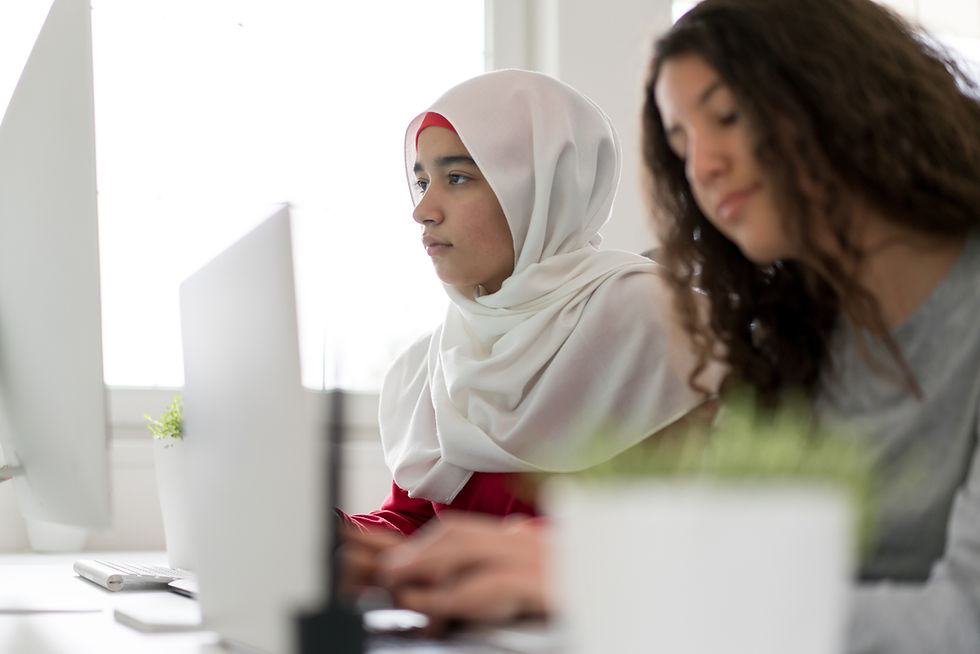Preparing students with the skills they for today (not tomorrow)
- jenfbuchanan
- Aug 8, 2022
- 3 min read

I often read or hear comments that share a similar sentiment or a version of the idea that “we need to be preparing our students for the skills they will need in the future!”
No, we don’t.
What we must focus on is preparing students for the world they live in today. It is a world that has shifted dramatically in recent times and a world in which we are experiencing exponential change. As the author, Heather McGowan points out, “while technology is moving at a breakneck pace, shifting societal and cultural norms are actually moving faster and impacting us more deeply that the widespread adoption of quickly emerging technologies”.
Students of today are already using skills and engaging in the world in ways that simply didn't exist a few years ago. We have the ability to communicate with one another across vast distances at lightning speed (often from the relative comfort of our home offices, wearing our ugg boots and tracksuit pants). In a relatively short period of time, we have transcended traditional boundaries, and are adapting to a more intercultural and interconnected society. This is only set to increase and with it, comes an increasingly collective responsibility to consider how we build communities with our students that create an opportunity to explore how other parts of the world operate but also what makes them unique from their own cultural constructs.
Australia is one of the most culturally diverse countries in the world and this is a trend that is increasing – we are becoming more culturally and ethnically diverse. Almost 30% of Australians were born overseas and almost half of us have at least one parent born overseas. It is a country of rich language diversity (over 200 languages are currently spoken across Australia) with almost a quarter of us speaking a language other than English at home.
The growing number of first-generation migrants means Australians’ ancestry will change significantly over the next decade. Increasingly we will be living in a more interconnected world, where we will need skills to explore across cultures, examine and respond to global issues, and work collaboratively to solve complex problems that may not have simple solutions.
My professional career as an educator over the past two decades has taken me around the world, living in communities and engaging in cultures vastly different from the world I experienced growing up in Perth, Australia. These experiences have often challenged me to think critically and ethically about how to solve problems in a global context. And to question how we build communities with students to deepen their understanding of how to work across cultures and have the capacity for global thinking in this increasingly connected world?
For our students, the capacity for global thinking is essential in today’s interconnected world where cultural exchanges are occurring at an ever-increasing rate. To best understand these exchanges, one must be able to view the world from different perspectives and develop an understanding that the worldviews of others may challenge our own thinking. As we help young people develop the skills to understand global issues and concerns, we provide them with awareness to better understand what is happening across the globe. And to not only explore but also respond to some of these issues for global wellbeing.
No one can predict the future. However, what we can predict with certainty is that there will be more change, and this ever-changing landscape, calls for a new set of skills to navigate it and an ability to think beyond one's own immediate cultural context.



Comments